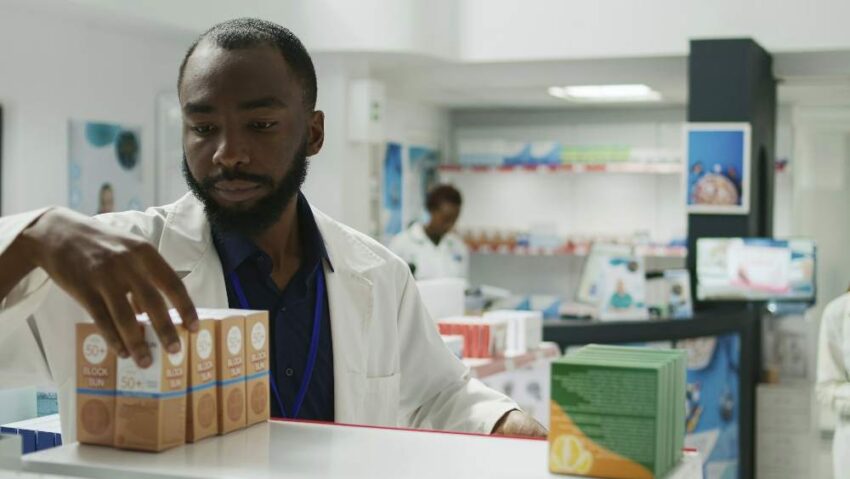The pharmaceutical industry is a pivotal component of the modern-day healthcare industry. Pharmaceutical companies can develop medications to prevent and treat countless illnesses.
However, despite rigorous testing and industry safety measures designed to ensure the viability of new drugs, there is an undeniable potential for adverse medical side effects and unintended consequences. Recent lawsuits against the manufacturers of Wegovy, Rybelsus, and Ozempic highlight the importance of considering who can be responsible for the consequences of inherently dangerous or defective medications.
Legal Framework and Liability
The Food and Drug Administration (FDA) regulates the pharmaceutical industry, meaning that the agency oversees drug development, monitoring, and approval. Pharmaceutical companies must show a drug’s efficacy and safety via rigorous testing before their product meets FDA approval. Despite these strict standards, there is no way to ensure that a drug will have no side effects or unwanted consequences.
If patients are harmed by a dangerous or defective medication, there are several ways in which pharmaceutical companies can be held liable for the injuries caused. Under the concept of strict liability, a manufacturer can be held responsible for harm caused by their product even if there is no proof of negligence.
Negligence occurs when a manufacturer fails to exercise reasonable care in designing, manufacturing, or marketing a drug. Over the years, landmark legal cases involving drug manufacturers have helped set precedents for how liability can be determined in a dangerous drug lawsuit.
Grounds for Legal Action
There are several cases where it may make sense to attempt to hold a pharmaceutical company liable for harm caused by their product. Manufacturing defects occur when a medicine is not created according to its initial design during the production process.
The defective drug can be created with an incorrect dosage, be contaminated with dangerous substances, or have other errors. If the product itself is inherently dangerous or defective, it suffers from a design defect.
Finally, a drug may have misleading, inaccurate, or inadequate labeling or product warnings. Pharmaceutical companies are expected to provide accurate and clear information about a drug’s possible risks and side effects.
Proving Liability in Court
Pharmaceutical liability cases can be incredibly complex. Proving that a drug manufacturer is responsible for the injury you or a loved one suffered is no easy feat, especially if you don’t have access to an experienced attorney.
To successfully pursue a pharmaceutical liability case, the plaintiffs must demonstrate, beyond reasonable doubt, that they were harmed by a medication and that the pharmaceutical company is liable for that injury.
In most cases, expert testimony is required to establish a clear connection between the medication and the adverse health effects reported. Post-market surveillance reports, clinical trial data, and internal company documents may also be pivotal evidence in a case of this nature.
Drug manufacturers may attempt to defend themselves by claiming that the plaintiff was injured by another factor, that the plaintiff suffered due to a known and advertised danger, or that their medication was used incorrectly.
Impact and Implications of Pharmaceutical Liability Litigation
Pharmaceutical liability cases can impact both the medical industry and consumers. For consumers who suffered harm from a dangerous drug, successful lawsuits can provide compensation for medical expenses, lost wages, and pain and suffering. Even consumers who were not directly impacted benefit, since litigation incentivizes pharmaceutical companies to prioritize safety, testing, and transparency in their products.
Litigation against pharmaceutical companies, particularly big names in the industry, can lead to increased scrutiny and potentially increase distrust amongst consumers. This can have unintended consequences, such as changes in drug development, marketing, and manufacturing practices.
Despite these potential setbacks, it is crucial to focus on patient safety and rigorous testing to ensure the public is not at unnecessary risk due to rushed, ineffective, or defective drugs and medical treatments.
Promoting Drug Safety Through Meaningful Litigation
The relationship between drug manufacturers and consumers is complex. Medications offer countless benefits to people across the world, but the potential for errors and unintended harm must nonetheless be acknowledged. By developing a better understanding of the legal framework of pharmaceutical litigation, you reduce your chances of being harmed by a defective or dangerous medical product.

